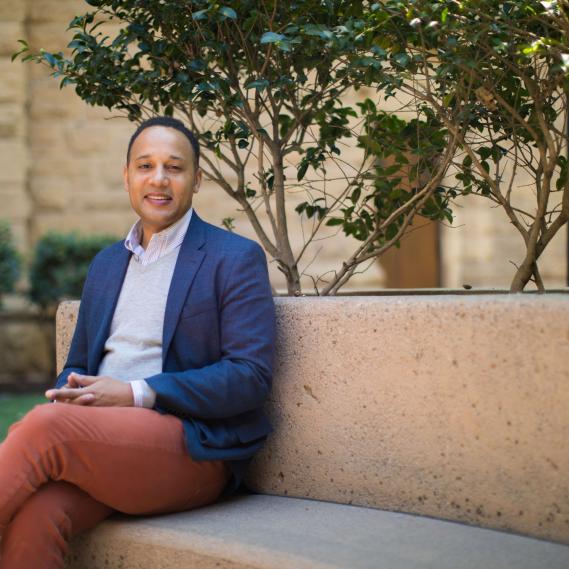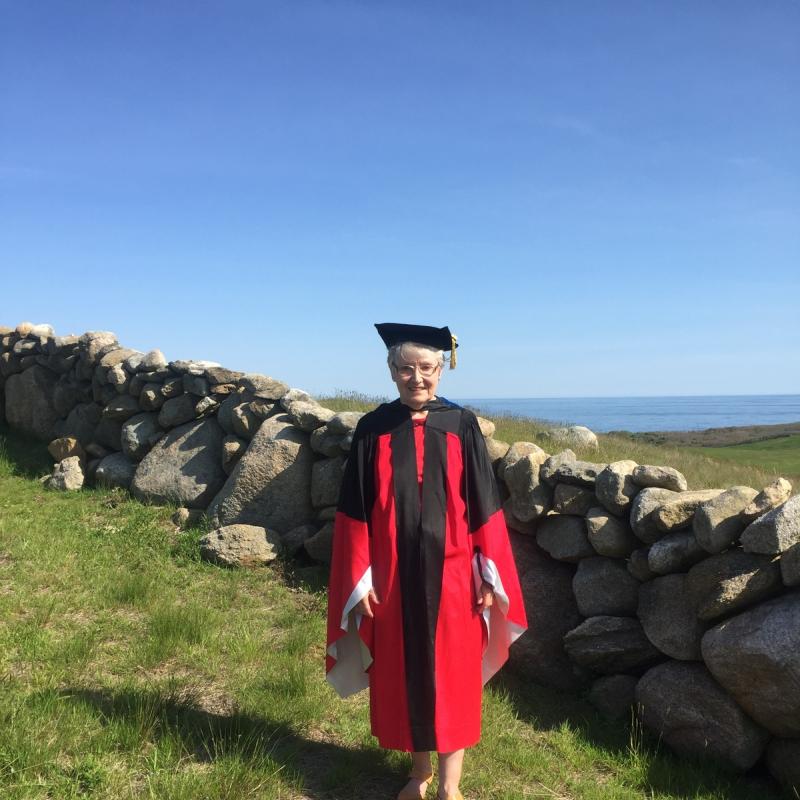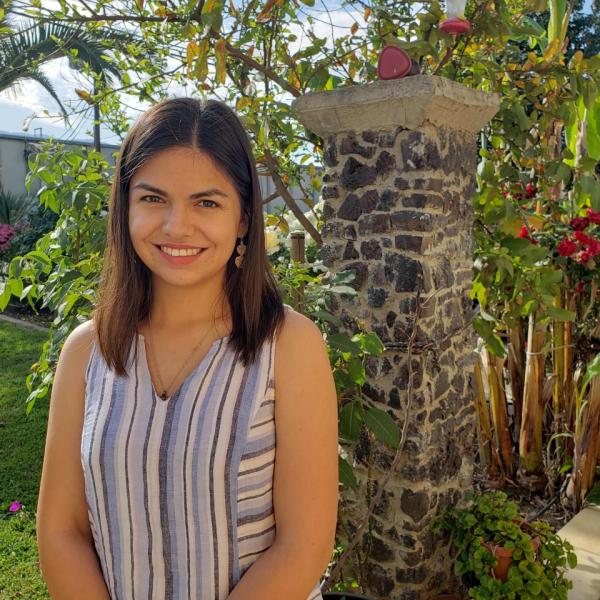
Francis Pearman
Growing up in a working class neighborhood in Charlotte, North Carolina, Francis Pearman experienced the stark disparities of a segregated city from both sides. His father worked at a college preparatory school in an affluent part of the city, making it possible for Pearman and his older sister to attend. “That opened up a tremendous academic opportunity for me,” says Pearman. “But I was also very involved in sports, and the best competitive athletic teams in Charlotte were located in the most racially isolated, economically depressed communities on the other side of town.” Dividing each day between the two worlds, he spent his childhood navigating the dynamics of these different spaces.
The son of two teachers, Pearman went on to earn a PhD in education at Vanderbilt University and taught at the University of Pittsburgh before joining the faculty at Stanford Graduate School of Education this year. His research explores the impact of poverty and inequality on educational opportunity, especially in cities changing rapidly through gentrification—issues he intuitively grappled with as a child, even if he didn’t yet have the capacity to fully grasp their implications. But once he reached graduate school, he felt drawn to investigate as he began to build his body of work, he says. “It gave me a language to make sense of my life and my experience.”
Photo: Holly Hernandez



